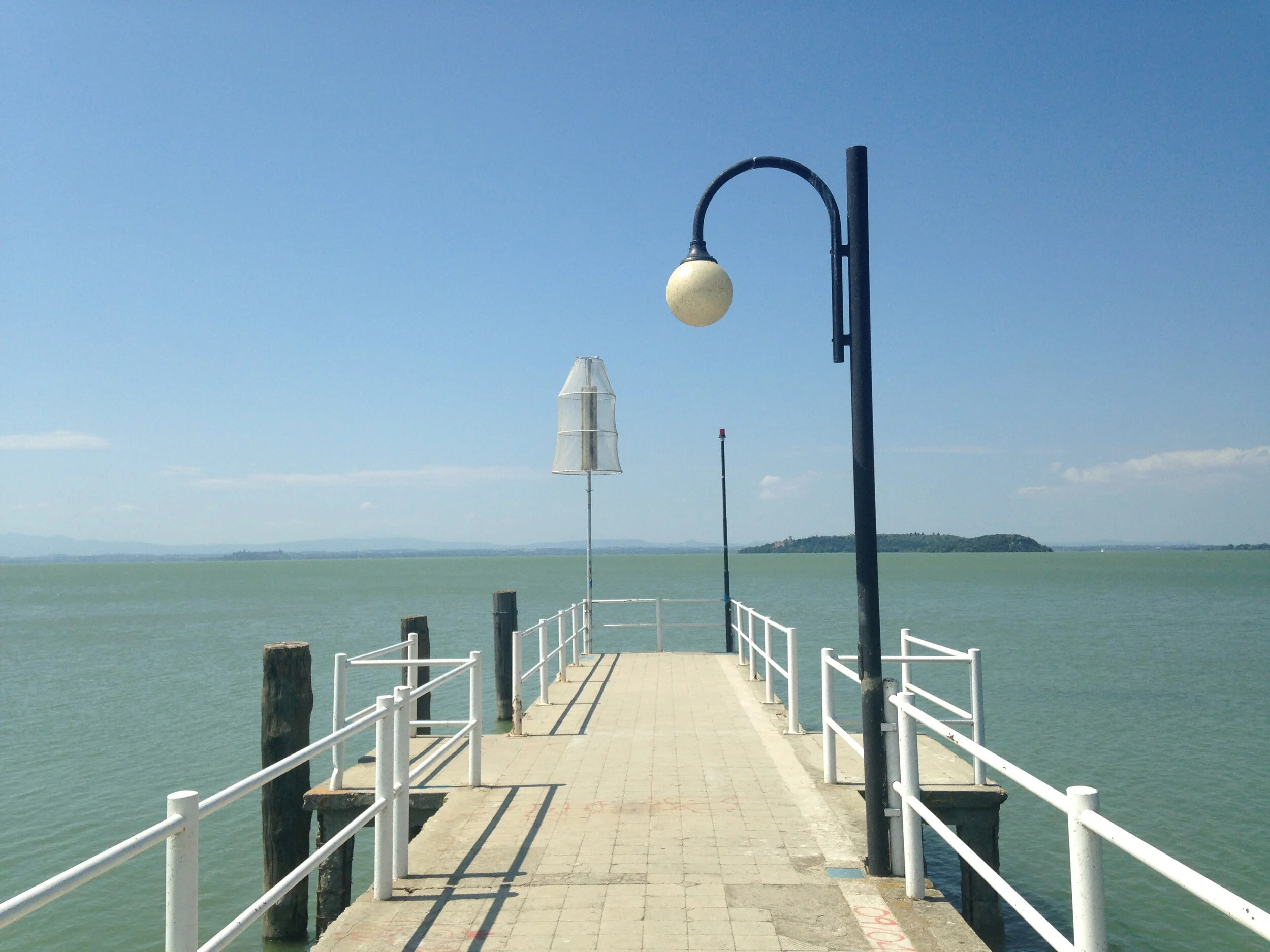In light of recent geopolitical shifts, the humanitarian sector is experiencing significant changes. The « To Each Their Playing Field » scenario from The Future of Aid: INGOs in 2030 report anticipates a fragmented humanitarian landscape, with decentralized responses and diverse actors beyond traditional INGOs. To remain relevant, INGOs must accelerate localization efforts, empowering regional partners and redefining their value propositions. This transformation is crucial to effectively navigate the complexities of a multipolar world and continue delivering impactful humanitarian assistance.
Navigating the Resistance: Cultural Transformation in Humanitarian Organizations
Innovation in the humanitarian sector is a challenging journey, often hindered by cultural resistance. However, with a transformation strategy, leadership support, and a culture open to change, these obstacles can be overcome. Strategic foresight, which anticipates future trends and proactively develops solutions, can greatly enhance this process. External pressures, like the COVID-19 pandemic, can also catalyze cultural transformation, prompting organizations to rethink traditional ways and embrace innovation.
Livelihood support for migrants is a excellent investment
The world is facing a severe economic downturn, but the flow of remittances has been relatively stable and continues to provide support for many families in low and middle-income countries. According to the World Bank, global remittance flows reached $626 billion in 2022, an increase of 5% from the previous year. This growth is smaller than in previous years, but it is significant given the economic outlook. Investing in livelihoods support for migrants in high-income countries could be an effective way of supporting communities globally.
Breaking the Short-Termism Trap
The humanitarian ecosystem is failing to adapt to global transformations and new types of crises. This failure is rooted in the opportunistic nature of ODA flow governance and the entrenched value chain of formal humanitarian actors. To break free from this short-termism trap, the humanitarian ecosystem must shift its approach and values, prioritizing the needs and voices of those affected by humanitarian crises. Only then can it fulfill its potential to provide effective and lasting assistance.
Rapidly exploring future humanitarian impacts of the Ukraine conflict
Two years of huge emergency after huge emergency - from the Covid-19 pandemic’s various variants to evacuations from Afghanistan and a series of storms battering the UK - our people are tired, yet the need for humanitarian aid continues to grow. And then the Ukraine crisis boiled over.
We have always struggled to plan for the many uncertainties the future may bring, but the massive disruptions of the last couple of years made us realise that grappling with uncertainty is not an option.
The British Red Cross’s Strategic Insight and Foresight team has been developing a way to rapidly construct scenarios about the future, helping our teams get a sense of likely people’s short-term and longer-term humanitarian needs, as well as the potential ripple effects caused by a crisis.
Why Equity Based Design Thinking is Key to Decolonising Humanitarian Programmes
Whilst multilateral reform and changing the current models of humanitarian financing are ultimately what is needed for systemic change, every agency could adjust the way that it develops programmes- and this small change has the potential to transform aid. Designing and delivering aid programs is a core function of most humanitarian organizations and therefore it is in the process that all humanitarian aid sectors needs to revisit to begin their equity-based, decolonial journey.
Technology for Tree Huggers
Are you unsure about how technology may be able to help you to achieve your humanitarian sector objectives? Do you want to understand where emerging and existing technologies can assist people that are in need?
Matt Twilley would like to share with you some of his experiences and open up some ideas on how potentially the use of technology in the right way can give you more opportunity to really help those in need.
Ayudar es asunto de todos
Aid is everyone's business
El dilema recurrente del COVID-19 y la trampa de la ultra-solución
Acabar con los encierros es, como lo define Paul Watzlawick, “una ultra-solución”: un intento de arreglar un problema deshaciéndose de todo lo que tenga que ver con el mismo. Al caer en esta trampa, los gobiernos están utilizando la ultra-solución, arriesgándose a destruir tanto la economía, como la vida de las personas al final del túnel.
A Letter for Humanitarians
New crises, same approaches. Why aren’t humanitarians evolving?
Using foresight to challenge the geopolitics of homophobia
Facetime versus Face-to-face time
Futures and Organisational Transformation
Shifting the Power: A Few Hard Truths on Localisation
Many have said it before: localisation needs to stop being a talking point and start being a reality. But we have been saying this since the advent of capacity building. So do we really mean it? If so, how can we bring about localised change effectively, and swiftly?
Why localisation is no longer an 'if', but firmly, a 'when'.
L’humanitaire maritime : un incubateur de nouvelles approches
Depuis une décennie, les besoins humanitaires ne cessent d’évoluer, s’intensifiant et se complexifiant. En 2015, selon l’UNHCR, 65.3 millions de personnes étaient déplacées. Parmi celles-ci, 21.3 millions sont des réfugiés au titre de la convention de 1951 et la très grande majorité d’entre eux le sont dans un pays voisin. Seule une minorité de 6% sont accueillis en Europe. Malgré cette faible proportion, la crise migratoire à laquelle est confrontée l’Europe depuis 2014 a contribué à mettre en avant les fragilités du système humanitaire traditionnel.




















